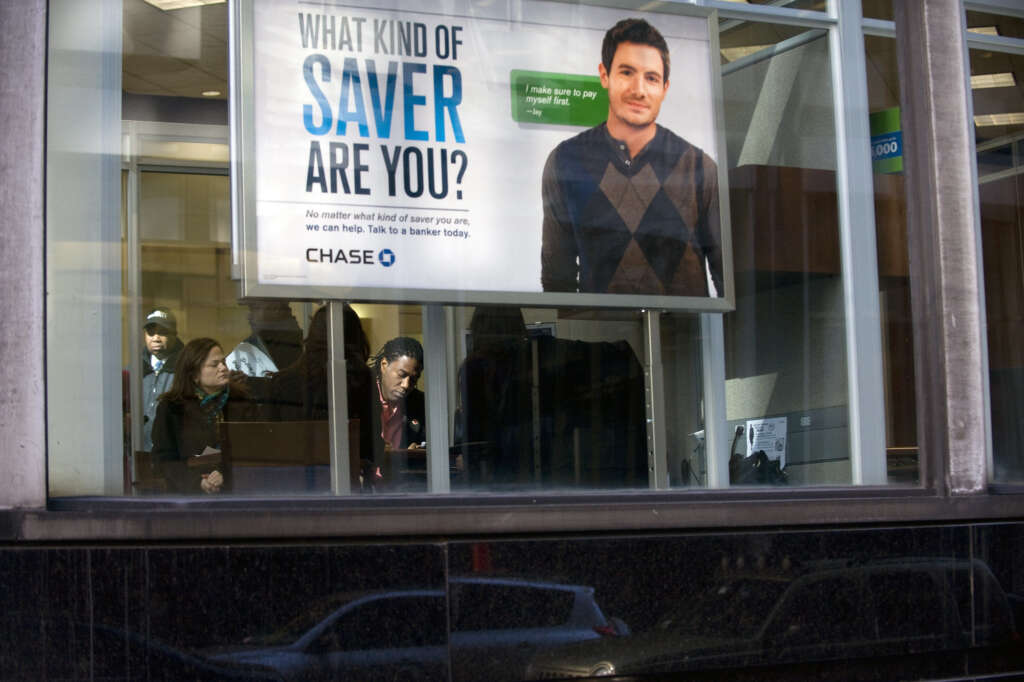“The absence of federal oversight doesn’t mean the city is powerless; rather, it should be a turning point. With the cost of living continuing to rise, New York needs a homegrown partner whose model is rooted in their success, not in taking advantage.”
(NYC Council/William Alatriste)
With New York City’s affordability crisis growing more dire by the day, the Consumer Financial Protection Bureau (CFPB) has been a lifeline most took for granted, shielding consumers and businesses from fraud, abuse, and any unfair banking practices in a city where few have a cent left to spare.
Now with the agency on the line, consumers and businesses alike face heightened financial vulnerability when they need protection the most, raising the critical question of who will step in to fill the federal watchdog’s shoes and safeguard everyday Americans and their bank accounts from exploitation?
The impact may not be immediate—in fact, most people might not fully understand the role of the CFPB. However, predatory practices often slip under the radar, building up over time, whether through misleading charges or hidden interest rates, leading to irreparable damage before anyone realizes it.
Just earlier this year, New York Attorney General Letitia James secured a $1.065 billion judgment against capital lenders found to have been misleading small businesses about the nature of their cash advances for years, charging interest rates as high as 820 percent. And in 2025, the Federal Trade Commission reported a nearly 25 percent increase in fraud complaints since the prior year, with losses surpassing $12.5 billion, largely driven by a rise in digital scams, phishing attacks, and unregulated digital lending and fintech. The staggering figure underscores the critical need for safeguards as new threats continue to emerge.
In New York in particular, where countless individuals live paycheck to paycheck, the stakes are sky-high. With consumer debt trending upwards due to credit and auto loans, especially among younger borrowers, New Yorkers can’t afford to be complacent about their finances. Finding trusted institutions that have their best interests at heart, such as their local nonprofit credit union or a reliable personal advisor, can offer reassurance.
These partners are driven by their customers’ long-term success and financial education, not just quarterly profits. In 2024, Municipal Credit Union hosted a financial literacy workshop series that reached over 5,000 New Yorkers. It was our way of building on the work we do with our members, because like many other credit unions, we see our members as co-owners in our organization, and their success mirrors our own.
The alternative doesn’t bode well—not just for individual consumers, but for New York’s economy as a whole. With credit card debt and home interest rates soaring, leaving both consumers and businesses with little to no financial cushion, the entire city is at risk of a significant downturn.
The situation eerily mirrors 2008, before the CFPB opened its doors, when the country entered a great recession due to predatory lending practices that left millions in foreclosure. If New Yorkers don’t leave their finances in the right hands, we could find ourselves on the brink of a similar economic collapse, stalling the region’s growth and stability for years to come.
The landscape is evolving, but so are New Yorkers. The absence of federal oversight doesn’t mean the city is powerless; rather, it should be a turning point. With the cost of living continuing to rise, New York needs a homegrown partner whose model is rooted in their success, not in taking advantage.
Traditional banks aren’t going anywhere, but New Yorkers can still take charge of their financial futures by choosing institutions that truly have their best interests at heart—and always have their backs.
Kyle Markland is the CEO of Municipal Credit Union in New York City.
The post Opinion: With Consumer Financial Protection Bureau in Limbo, New Yorkers Need a New Financial Partner appeared first on City Limits.

